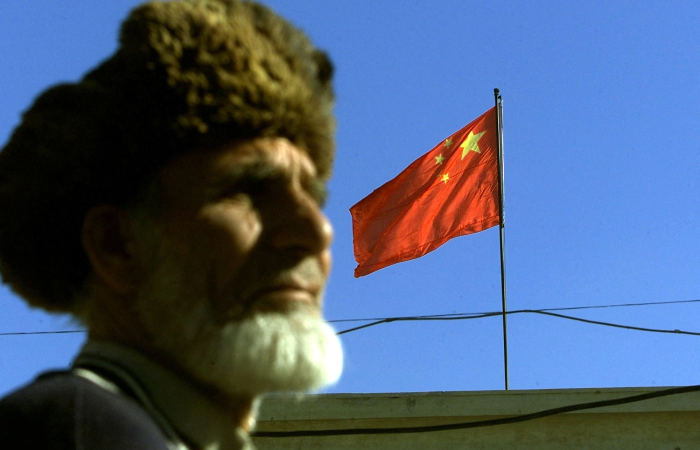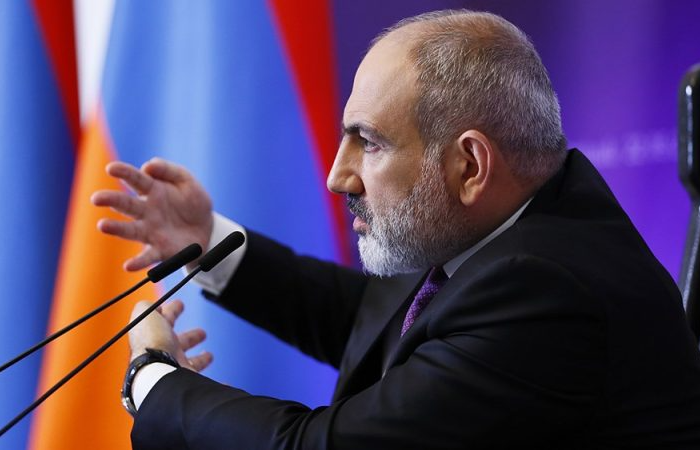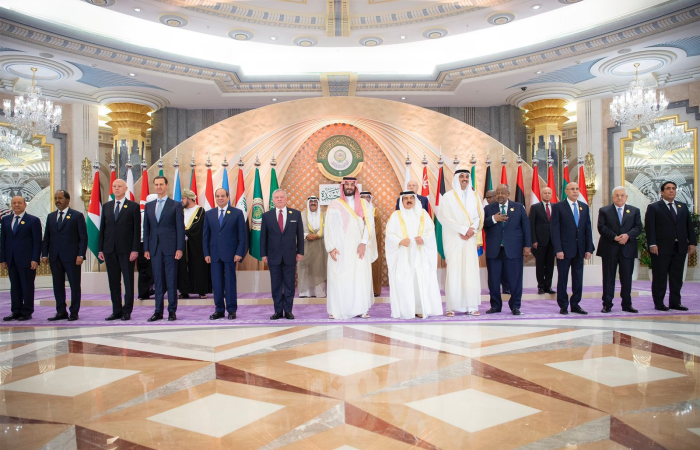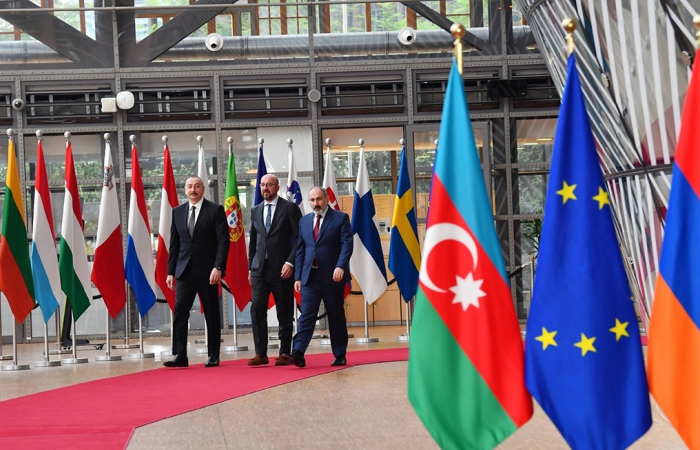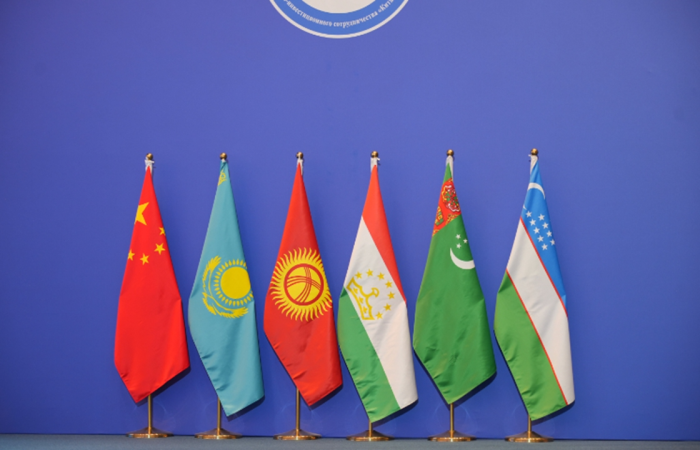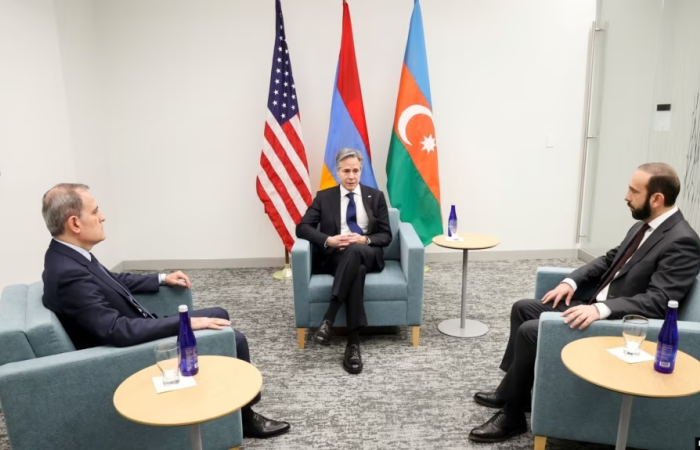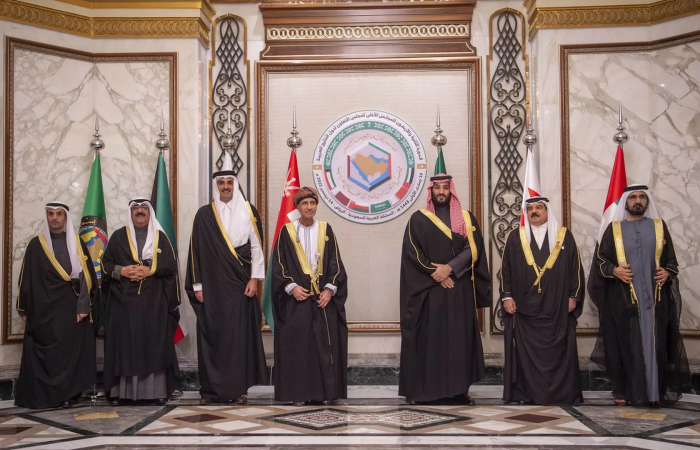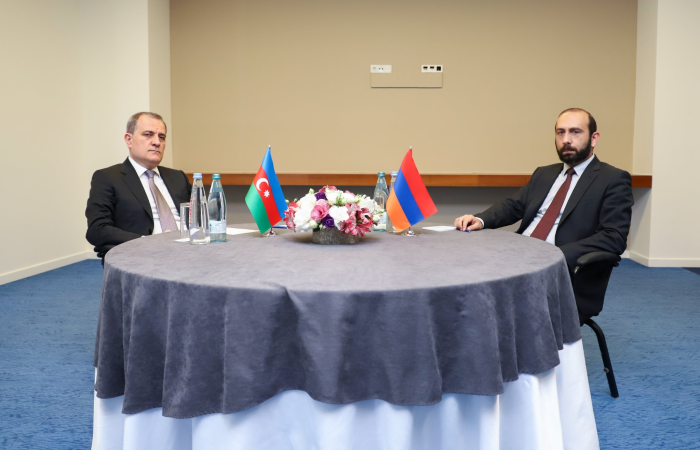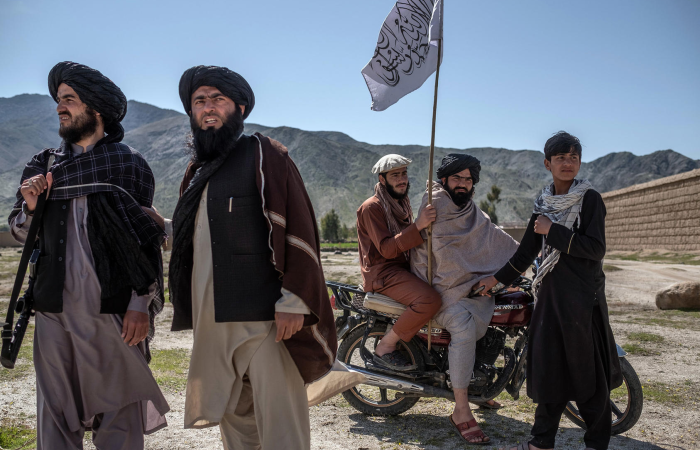Trending
Editorial: China moves in where angels fear to tread
30 May 2023
It seems as if you cannot be respected as a superpower unless you burn your fingers trying to pacify Afghanistan, writes commonspace.eu in this editorial. The British in the heyday of the Raj, tried it in the 19th century; the Soviets tried it at the peak of their power in the 20th century, and the Americans had a go at a time when they were the only superpower, in the early 21st century. Now it seems it's China’s turn, and of course it is being done the Chinese way. There are no armies swarming across the Khyber Pass, nor forward military bases established across Central Asia. Instead, the Chinese are using their time tested tool – the Belt and Road Initiative. The first announcement came on 8 May following the 4th round of the Pakistan-China Strategic Dialogue in Islamabad with the participation of Chinese foreign minister Qin Gang and his Pakistani counterpart Bilawal Bhutto Zardari. In essence, the two sides agreed that the China-Pakistan Economic Corridor (CPEC), a part of the Belt and Road Initiative, will be extended into Afghanistan. At that meeting it was also agreed that both sides will “continue their humanitarian and economic assistance for the Afghan people and enhance development cooperation in Afghanistan”.



